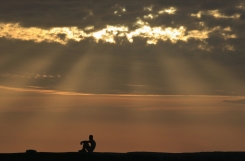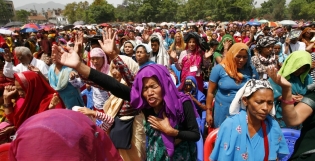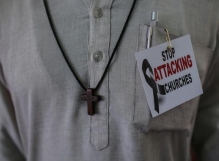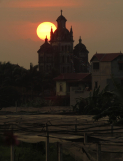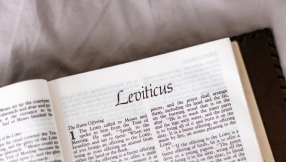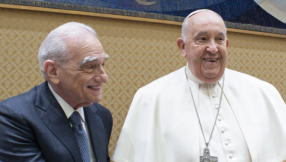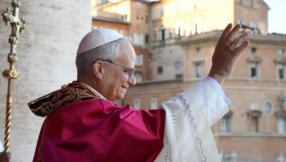There cannot be a human right "not to be offended," the chair of the equalities and human rights commission said tonight.
Baroness O'Neill, a cross-bench peer in the House of Lords, was speaking at an event on freedom of expression and freedom of religion and belief in London. She used the platform to speak out over controversial topics such as the Charlie Hebdo attacks and universities which banned offensive speakers.
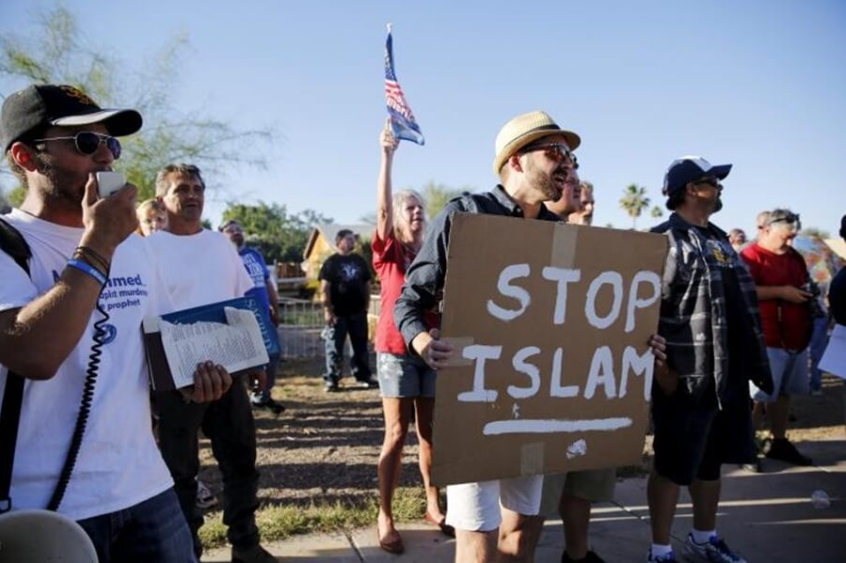
"Offence is a subjective clause," the Baroness of Bangarve said. "There is no way of securing freedom of expression if we maintain there is also a right not to be offended. If we there were a right not to be offended this would put everyone's freedom of expression at the mercy of others."
Baroness O'Neill, an honorary professor at the University of Cambridge, was invited to speak after her organisation published a consultation which found there was widespread confusion over the law on freedom of expression and freedom of religion and belief.
Although there can be no right not to be offended, there may be many reasons people choose not to offend others, she said.
"Sometimes we choose not to speak in ways that are permissible but likely to offend others for good reasons (kindness, or good manners), and sometimes for bad reasons (currying favour, condescension, political correctness).
"But reasons not to speak in ways that may offend some others cannot invoke a supposed right not to be offended, since there can be no such right."
Her words offer a challenge to people of all faiths and reminded them that responding to offence is key, but denying the right to offend was never an option.
"Killing a person whose speech offends is not martyrdom: it is just killing, and may be murder" she said in direct reference to the Charlie Hebdo attacks in Paris.
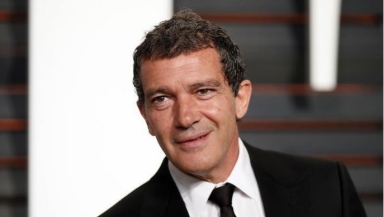
"Killing a person whose speech offends and oneself (e.g. by suicide bombing) is also not martyrdom: it may be murder and is certainly suicide.
"Killing oneself for a cause without killing others (self-immolation, hunger striking) is also not martyrdom, but rather suicide to make a political or other point."
Her talk to a room full of politicians, policy makers and faith leaders was poignant given David Cameron's announcement today to tackle those who spread hate.
The plans, which include extremism disruption orders to stop individuals engaging in extremist activities. However, as Baroness O'Neill made clear, there is a fine line between inciting hatred and violence and merely causing offence.
"Baroness O'Neill's lecture was a timely reminder of the need to maintain freedom of religion in and of itself," said the director of Theos, Elizabeth Oldfield.










